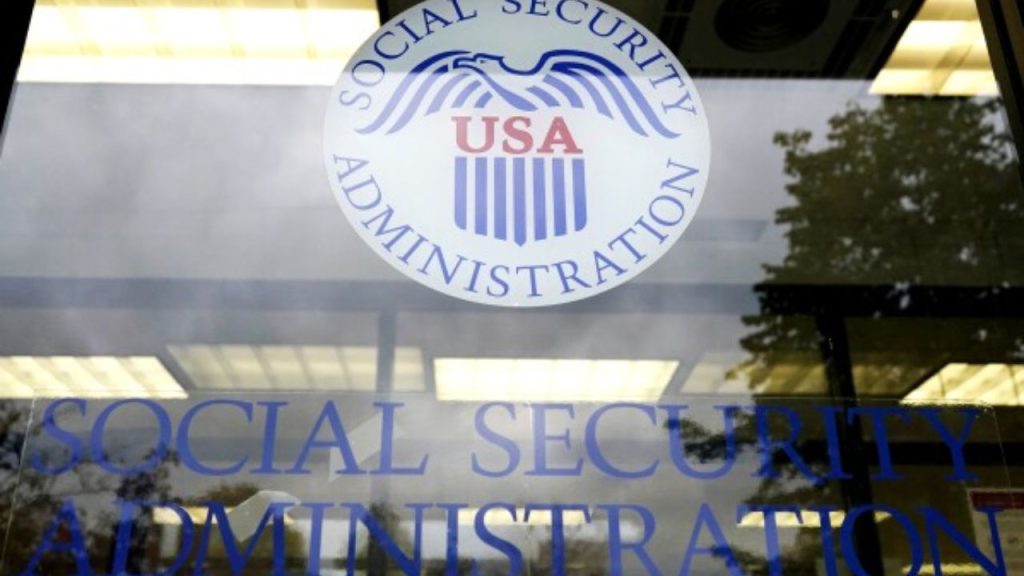The House of Representatives on Nov. 12 passed the Social Security Fairness Act by an overwhelming 327 to 75 majority.
The proposal would eliminate rules that reduce Social Security benefits for those who also receive income from public pensions, roughly around 2.8 million people.
For supporters of the bill, that legislative victory has been followed by a suspenseful wait. The Senate must also pass the proposal for it to become law. And the number of legislative days left in this session of Congress is quickly running out.
At a Wednesday rally on Capitol Hill, Senate Majority Leader Chuck Schumer, D-New York, promised to put the bill up for a vote.
“I am here to tell you the Senate is going to take action,” Schumer said, prompting cheers from the crowd, including firefighters, police, postal workers, teachers, and other government employees, who stood outside the Capitol building in the rain.
“I got all my Democrats lined up to support it,” said Schumer, adding they need 15 Republicans.
“What’s happening to you is unfair, un-American,” Schumer said. “I will fight it all the way.”
Bette Marafino, an 86-year-old retired teacher and a member of a national grassroots task force that has pushed to have the rules eliminated, was at the Capitol when the House voted in November.
The vote prompted cheers that turned into tears of joy from the small group of advocates who witnessed it. “We were so happy,” Marafino said.
Now, she is worried what may happen if the Senate does not pass the bill by Dec. 20.
“It’s going to start all over again, and we’ll need to have some champions,” Marafino said, now that Reps. Garret Graves, R-La., and Abigail Spanberger, D-Va., who co-led the bill, are leaving Congress.
Financial Implications
While the bill has garnered significant support, it is not without controversy. The Congressional Budget Office (CBO) estimates that enacting this legislation could accelerate Social Security insolvency by approximately six months and add about $196 billion to federal deficits over the next decade. Critics argue that repealing WEP and GPO without addressing underlying issues could jeopardize the long-term sustainability of the Social Security program.
Maya MacGuineas, president of the Committee for a Responsible Federal Budget, warned that while the bill aims to provide immediate relief to affected workers, it could ultimately reduce lifetime benefits for typical couples retiring around 2033 by an estimated $25,000, including an initial loss of more than $8,000 in their first year of retirement.



